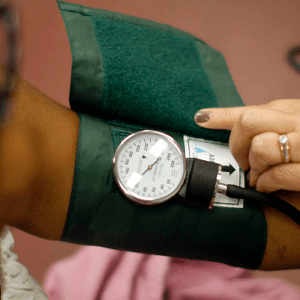The World Health Organization’s latest report on social determinants of health equity reveals alarming disparities in health outcomes across different social groups. Published on May 6, 2025, the report underscores that where individuals are born, grow, live, work, and age significantly influences their health more than genetic factors or healthcare access. These disparities are not random but are deeply rooted in societal structures and resource allocation.
The report highlights that preventable life expectancy gaps are worsening, with some communities experiencing significantly shorter lifespans due to factors like income, education, and social policies. For instance, individuals in countries with the highest life expectancy live, on average, 33 years longer than those in countries with the lowest life expectancy. This stark difference is attributed to the non-medical root causes of ill health, such as limited access to quality housing, education, and job opportunities.
Minority communities in the United States are particularly affected by these inequities. The report emphasizes that social injustice continues to kill on a grand scale, both in high- and low-income countries. It calls for urgent action to address these non-medical determinants to reduce avoidable and unjust health gaps. The WHO stresses that change is possible through political choices and leadership that prioritize health equity.
See: “World Report on Social Determinants of Health Equity” (6 May 2025)



